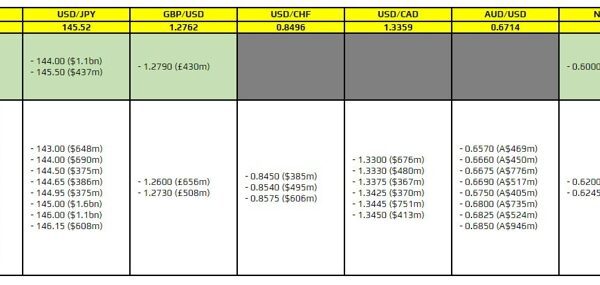The public prosecutor and supreme court of China have updated the provisions of the nation’s anti-money laundering (AML) legislation to include the recognition of crypto transactions for the first time.
The change is effective immediately, with the main aim being the effort to try and rein in the growing use of digital currencies in illicit activities. The new regulations are a result of years that have been straddled with tight bans on cryptocurrencies in China, indicating a possible adjustment of the regulatory landscape.
A Historic Shift In Regulations
The revised AML laws represent the first major change since the law’s enactment in 2007. Thereafter, 13 articles were added to the law in order to make it explicit with respect to the legal regime for money laundering related to virtual assets.
Under the new law, individuals convicted of using cryptocurrencies to conceal the source of criminal proceeds face fines ranging from 10,000 yuan to 200,000 yuan ($1,400 to $28,000) and five to ten years’ imprisonment. This is a clear sign that while digital currencies may have been mostly banned, the administration is aware of its potential as a vehicle for financial crimes.
The amendments were partly due to a rise in money laundering cases being associated with cryptocurrencies. In 2023 alone, almost 3,000 people were charged with money laundering, a big increase compared to earlier years. Authorities have signaled that digital currencies are often used to mask the source of illicit funds, giving criminals a convenient and simple way to act without detection.
Total crypto market cap at $2.09 trillion on the daily chart: TradingView.com
Crypto: Speculations Surrounding Its Future
The time frame for these actions and their amending have created a lot of speculation about whether China might think about re-allowing the use of cryptocurrency. The representatives and analysts from all the platforms are highly interested in knowing the eventual repercussions of the world crypto market due to this new regulation policy.


China's supreme court and public prosecutor updated the country's AML legislation. Source: Supreme People's Procuratorate
The Chinese authorities could enable truncating the bans which then would result in the upsurge of the markets likely leading to the emergence of more interest in the digital currency field. Additionally, the technological capacity of blockchain can skyrocket when firms want to navigate in a more professional atmosphere through the revised regulations.
On the other hand, the government is still actively trying to prevent illegal actions associated with cryptocurrencies. The police have made a point to stress that the recognition of virtual assets in the AML (anti-money laundering) framework doesn’t mean the legalization of cryptocurrency trading or mining.
It is rather used as a way of curbing digital exchange money among criminal networks. The intention of the government in enforcement is clear, and some recent prominent cases of money laundering through the Internet, video games, or even streaming proxies are a proof of what is the main objective of the authorities.
Featured image from State Department, chart from TradingView















